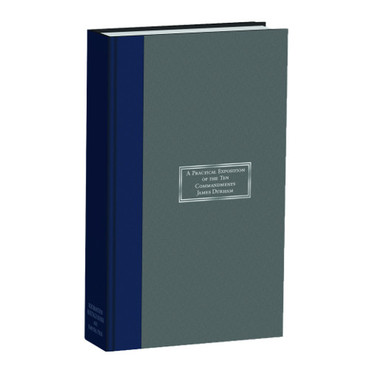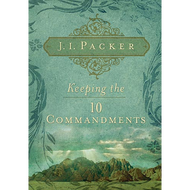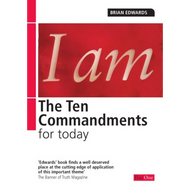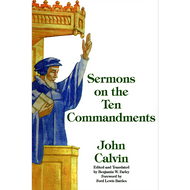Categories
Categories
A Practical Exposition on the Ten Commandments
Product Description
Of the works of James Durham, this exposition of the Ten Commandments was reprinted most often. As with his sermons, it is filled with perspicuous opening of the Word, practical application, and the clearing of “several momentous questions and cases of conscience.” The only regret is that because he was preaching similar material at the time, the coverage of these lectures on the first table is lengthier than the coverage of the second table. Nevertheless, the work has always been held in high regard, and the in-depth treatments of the second, third, and fourth commandments commend it and make it particularly useful today when the Lord’s name, worship, and day of worship are much abused. After 1802, this work was not reprinted again until the Naphtali Press edition of 2002. This new edition has been carefully collated and checked against the first and early editions and the text corrected and notations considerably augmented.
About the Author
James Durham (1622–1658) served as minister at Black Friars church in Glasgow, a chaplain to King Charles II, and a minister at the Inner Kirk of the cathedral in Glasgow. Known for his piety, wisdom, and scholarship, Durham stands as one of the great Scottish Presbyterians of the seventeenth century.
Endorsements
“Whatever Durham has written is very precious. He has the pen of a ready writer, and indites good matter.”
—Charles Spurgeon, Commenting and Commentaries
“In my opinion, the ensuing treatise in its design and tendency so advances holiness of heart and life, and withal is compiled with that strength and clearness of judgment and holy warmth of affection, as that, by God’s blessing, it may preserve and reduce many in this sinful age from those impieties that so abound therein, and may prove an excellent antidote against them, as by the good providence of God it is brought forth in a time coetaneous with them.”
—William Jenkyn (1613–1685)
“The whole is a complete Christian directory in our walking before God in all duties of obedience. Let the pious reader single out any one duty or head of duties to make his trial upon, and, if I greatly mistake not, he will discern with what wisdom and from what deep experience his plain directions are managed and do proceed.”
—John Owen (1616–1683)
 Loading... Please wait...
Loading... Please wait... 









